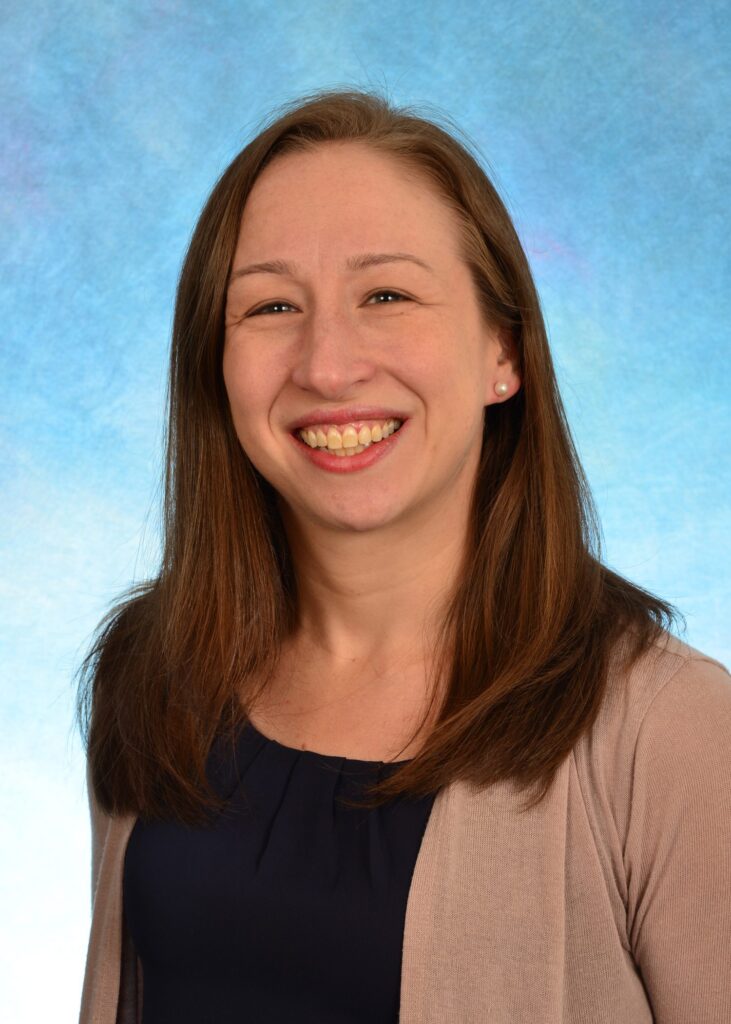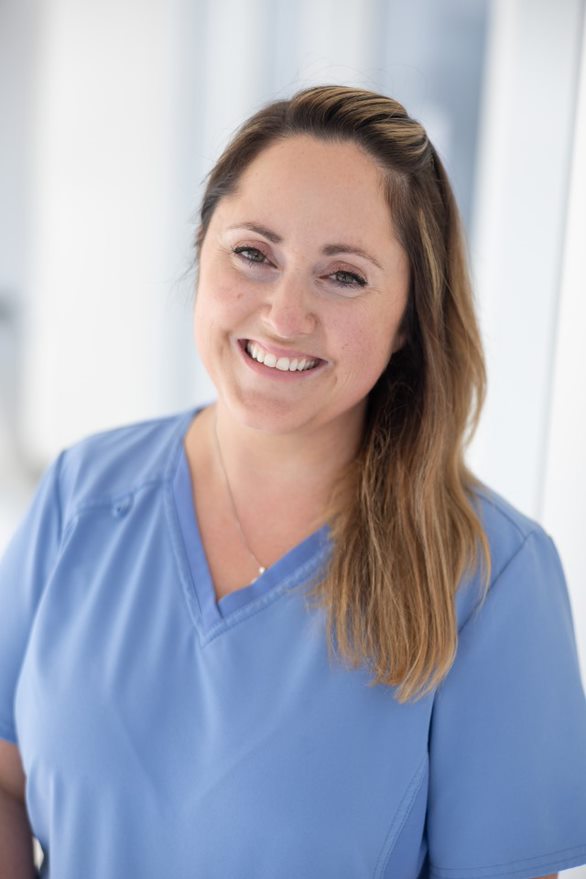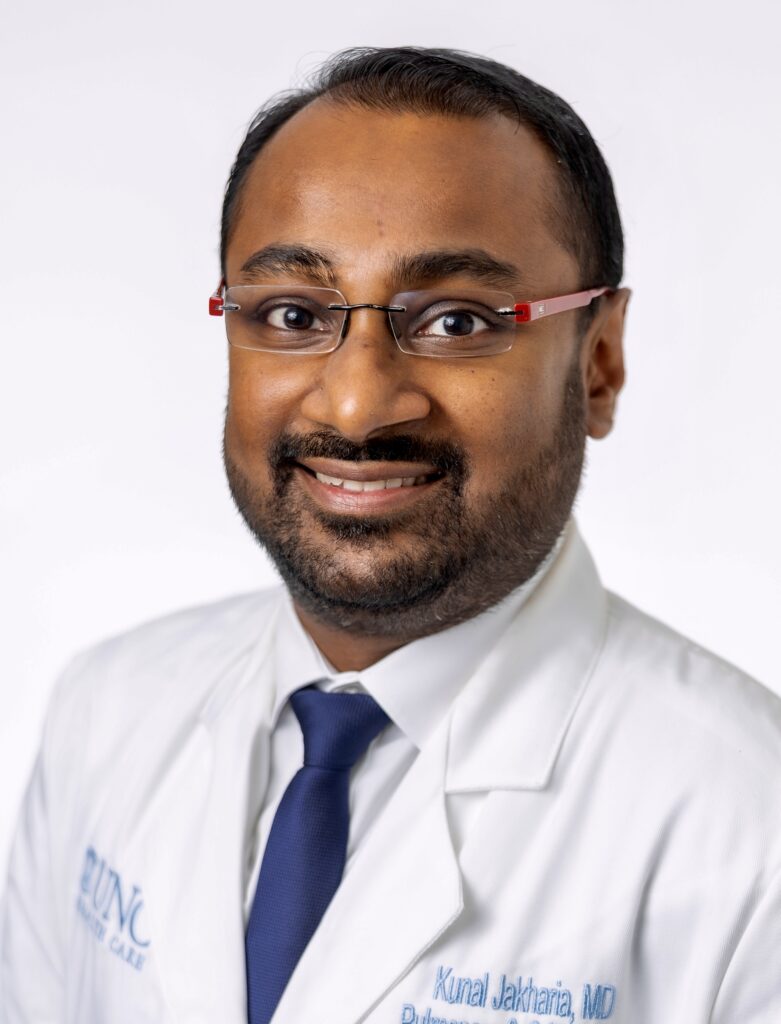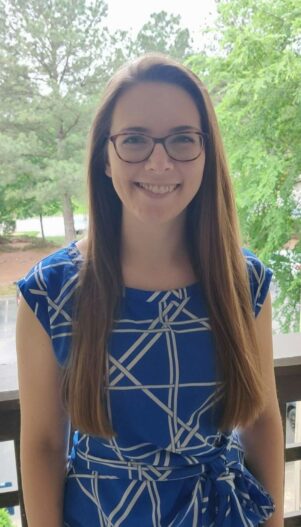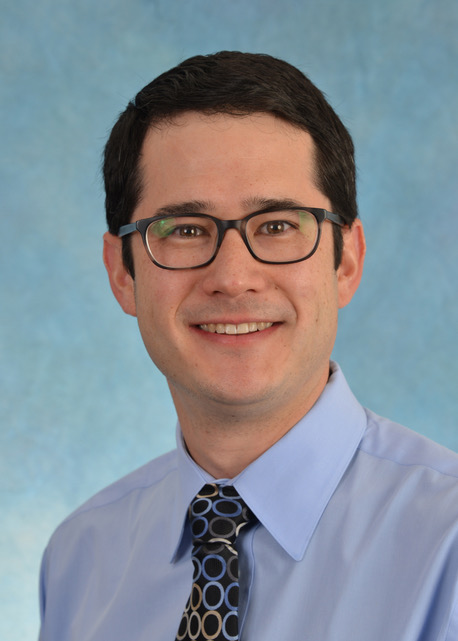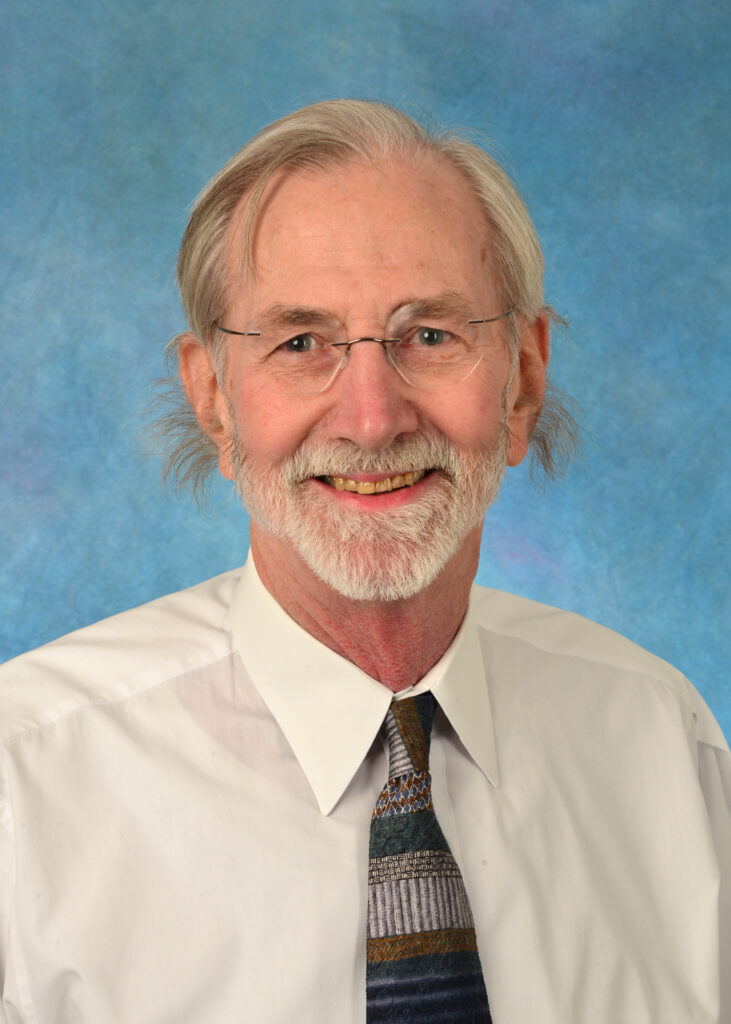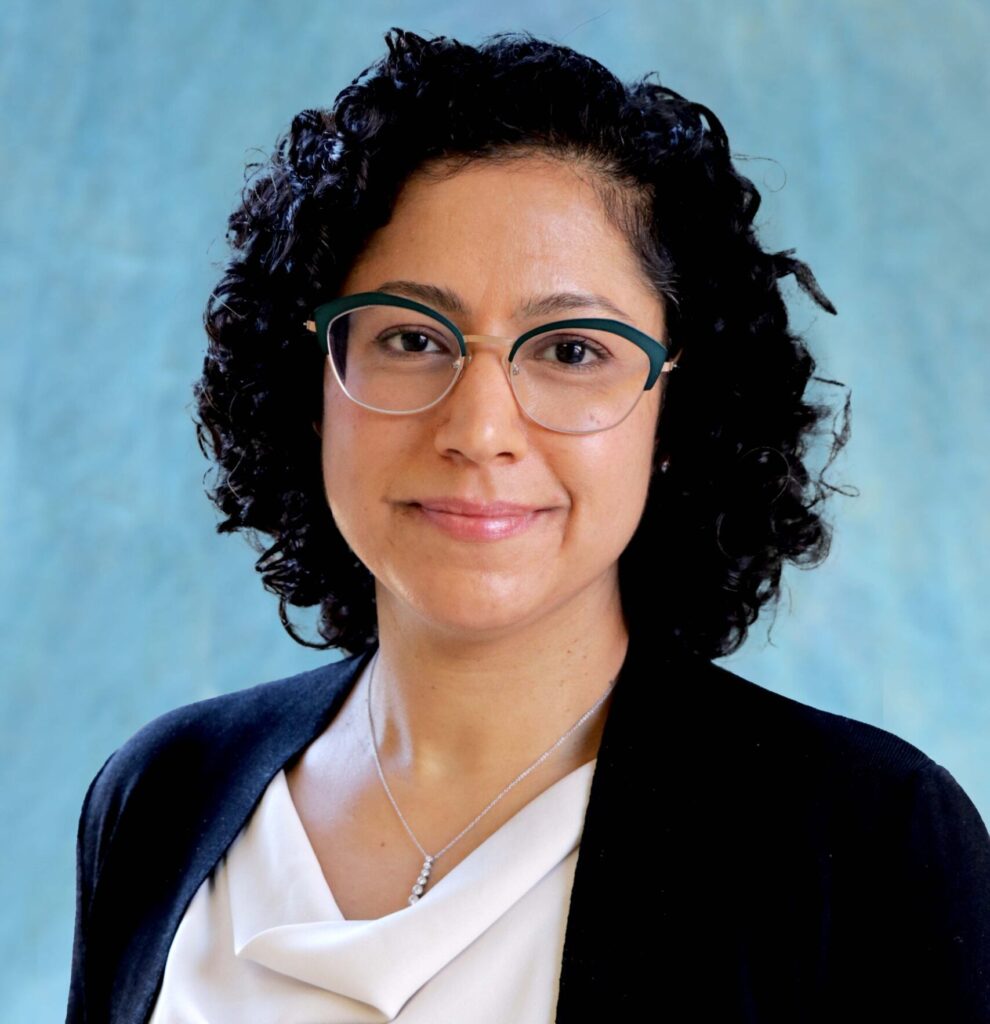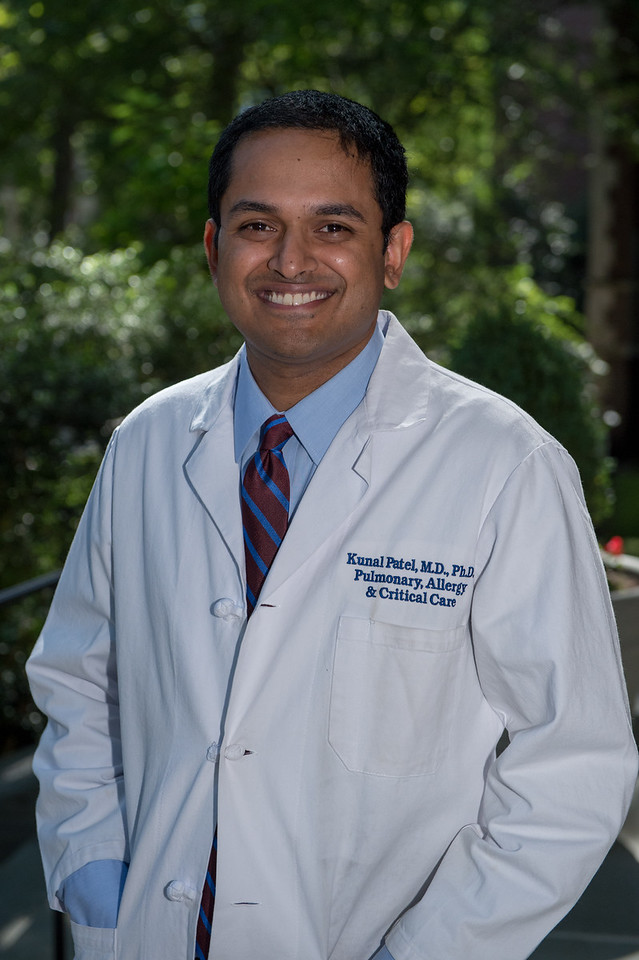UNC Bronchiectasis/NTM Care and Research Center
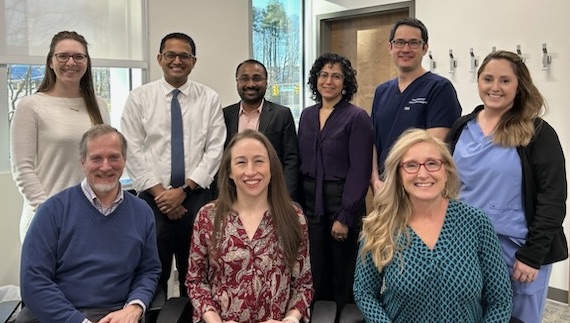
Our Team
-
Bronchiectasis Care
The UNC Bronchiectasis/NTM Care and Research Center is available for patients and referring physicians for the diagnosis, treatment, long-term support of individuals with bronchiectasis, a disease of the lung associated with cough, mucus (sputum) production, shortness of breath, and recurrent lung infections.
Hear from Dr. Peadar Noone on bronchiectasis and UNCs’ Bronchiectasis Center on this Chairs Corner Podcast episode.
Mycobacterial Infections Diagnosis and Management
The Center also specializes in the care of patients with non-tuberculous mycobacterial (NTM) lung infections; Mycobacterium avium complex (MAC) or Mycobaterium abscessus, for example. Our clinicians and allied health care workers in the UNC Center for Bronchiectasis Care are all world-renowned experts in bronchiectasis, including diagnosing and treating not only the disease itself, but also underlying or associated health issues. We are also networked with experts around the world for difficult clinical situations.
Collaboration and Our Clinic
Our team has established close liaisons with several UNC experts in the fields of ENT Surgery, Radiology, Allergy and Immunology, Palliative Care, Infectious Diseases, Laboratory Microbiology, and Chest Surgery. The setting is in the spacious and user-friendly UNC Pulmonary Specialty Clinic at Eastowne in Chapel Hill, NC. The clinic is run by knowledgeable and helpful staff. There is ample parking, and is close to main transportation hubs such as I-40, and RDU airport.
Contact
To make a new appointment, please call 984-974-5703 option #1 – please note that as call volume to the clinic can be high, we suggest calling Thursdays or Fridays, early mornings being best. It is most important that you obtain your regular Drs clinic notes, and test results – particularly sputum bacteria tests, lung function tests, for our review, before the visit.
- Particularly critical is that we have any chest CT scans to view the extent and severity of either bronchiectasis or NTM lung disease. While we usually get written reports of the scans by Fax, we need to see the actual images which can easily be burnt to disc.
- Please contact the radiology department where you had the scan(s) done, have the CT burned to disc and either send them ahead to our clinic (the front desk will issue instructions) or bring them with you on the day.
